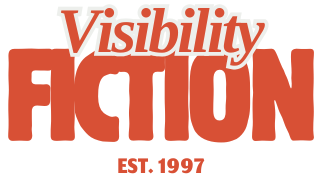I’ve always been drawn to questions that don’t have answers — the kind that keep you up at night, not because they’re troubling, but because they’re infinite. Philosophy, to me, isn’t about sounding deep or quoting old Greeks. It’s about learning to sit with uncertainty and realizing that not knowing is, sometimes, the most honest state of being.
The world today worships certainty — quick takes, confident opinions, and instant answers. Everyone’s sure of everything. But philosophy taught me that truth often hides in hesitation. It’s in the pause before we respond, the silence before we judge. When Socrates said, “I know that I know nothing,” it wasn’t defeat — it was freedom.
I remember reading Camus’ The Myth of Sisyphus for the first time. The idea that life’s absurdity doesn’t have to crush us, but can actually liberate us, felt oddly comforting. We push our boulders every day — jobs, relationships, responsibilities — and maybe meaning isn’t found at the top of the hill, but in the climb itself. That changed how I saw everything.
Sometimes, when I walk home late at night, I catch myself looking up at the sky — endless, quiet, indifferent — and I feel small in the best way possible. It’s humbling to realize that the universe doesn’t owe us meaning; we create it through our choices, our kindness, our curiosity.
Philosophy isn’t just for classrooms or dusty books. It’s in how we forgive someone, how we decide what’s right when no one’s watching, how we make peace with endings. Every ordinary act hides a question: Why do I do this? What matters most? Who am I, really?
The beauty of philosophy is that it doesn’t demand answers — only honesty. It reminds us that the search itself gives life its depth. Maybe that’s the point: to stay curious, to keep asking, to find wonder in the mystery.
Because the moment we think we know everything… we stop truly seeing anything at all.

Leave a Reply